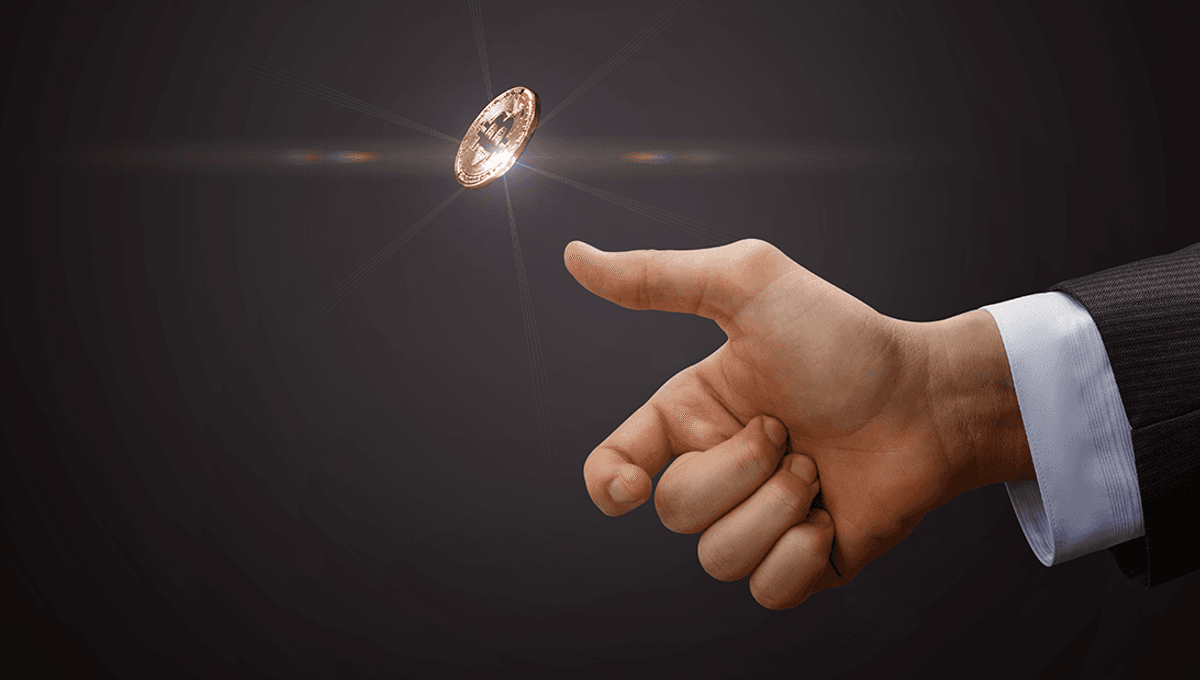
In sports, coin tosses are often used to decide who goes first, or pick who goes to bat for the first part of the game.
It seems fair. You’d assume that as coins have two sides and you introduce a random element (flipping the coin and catching it), the odds of it coming up with your pick is 50/50 (or one in two). But researchers have crunched the numbers, looking at an impressive 350,757 coin tosses, and found that coin tosses are not 50/50 after all. You can tip the odds ever so slightly in your favor.
According to one team led by American mathematician Persi Diaconis, when you toss a coin you introduce a tiny amount of wobble to it.
“According to the Diaconis model, precession causes the coin to spend more time in the air with the initial side facing up,” a new team writes in a pre-print paper that has not yet been peer-reviewed. “Consequently, the coin has a higher chance of landing on the same side as it started (i.e., ‘same-side bias’).”
Diaconis found, from a smaller ideal number of coin tosses recorded and analyzed, that coins land on the same side they were tossed from around 51 percent of the time. The new team recruited 48 people to flip 350,757 coins from 46 different currencies, finding that overall, there was a 50.8 percent chance of the coin showing up the same side it was tossed from.
You can watch 12 hours of them toss the coins, if you are a masochist.
Delving into the data further, they found that coin tosses are highly variable between people, with some showing a strong same-side bias and others having none at all – coin tosses may come down (ever so slightly) to the tosser.
The percentage margins might not seem like much, but over time it could lead to an advantage, say if you were able to convince someone to gamble on coin flips with you for 1,000 flips in a row.
“The magnitude of the observed bias can be illustrated using a betting scenario,” the team explains in their discussion. “If you bet a dollar on the outcome of a coin toss (i.e., paying 1 dollar to enter, and winning either 0 or 2 dollars depending on the outcome) and repeat the bet 1,000 times, knowing the starting position of the coin toss would earn you 19 dollars on average.”
“This is more than the casino advantage for 6 deck blackjack against an optimal-strategy player, where the casino would make 5 dollars on a comparable bet, but less than the casino advantage for single-zero roulette, where the casino would make 27 dollars on average.”
Fortunately for people who need a way to decide between two options, the team suggests a pretty simple solution.
“When coin flips are used for high-stakes decision-making, the starting position of the coin is best concealed.”
The study is published on pre-print server arXiv.
Source Link: Coin Tosses Are Not 50/50: Scientists Toss 350,757 Coins And Prove Old Theory